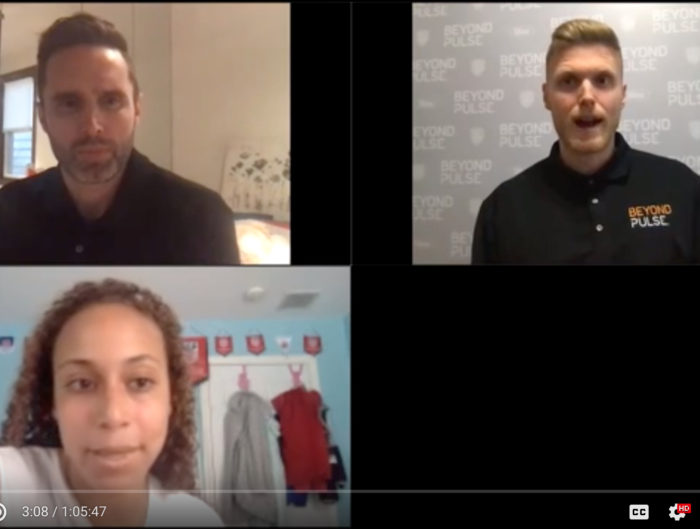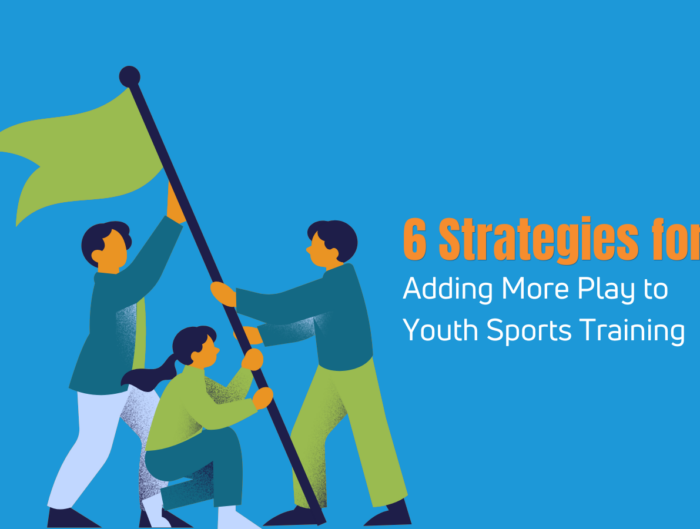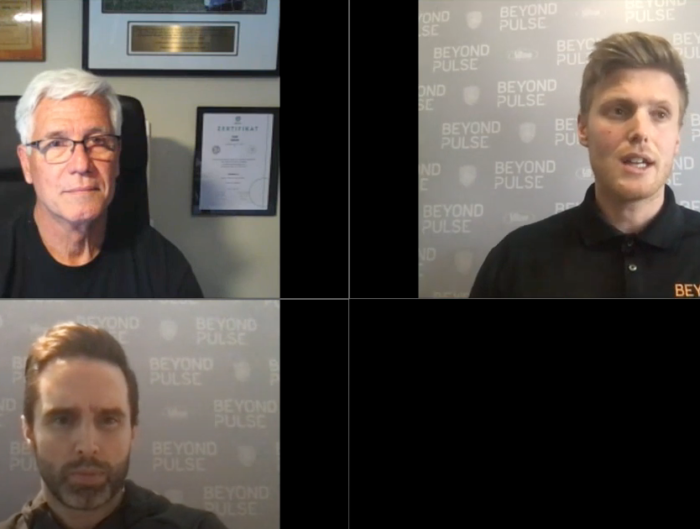As a coach, you’re probably used to being the one doing the talking. After all, you have a wealth of knowledge and experience that you want to share with your athletes to help them improve. But have you ever stopped to think about how much time you spend talking instead of listening?
The truth is, the art of listening is a crucial skill for any coach to master. It’s not just about hearing what your athletes are saying, but truly understanding and empathizing with their perspectives. Unfortunately, many coach education programs don’t focus enough on soft skills like communication and listening, leaving coaches without the tools they need to effectively connect with their athletes.
In this post, we’ll dive into the importance of listening as a coach and provide practical tips and strategies for how you can become a better listener and ultimately, a more effective coach. So, let’s get started!
First of all, why is listening so important?
Well, for one thing, when you listen to your athletes, you show them that you value their thoughts and opinions. This helps to build trust and respect between you and your athletes, which is crucial for effective coaching. When you listen carefully, you’re better able to understand your athletes’ strengths, weaknesses, and learning styles, which can help you tailor your coaching to meet their individual needs.
Additionally, effective listening can help create a more positive and supportive team culture. By actively listening to your athletes, you demonstrate that you care about their well-being and are invested in their success, both on and off the field. This can boost morale, motivation, and overall team cohesion.
Another benefit of effective listening is that it can help you identify potential issues or concerns before they become bigger problems. By listening carefully to your athletes’ concerns and feedback, you can address any issues in a timely and proactive manner, rather than waiting for them to escalate.
Now let’s consider the consequences of not listening to your athletes. Not listening to your athletes can be detrimental to both their development and the success of the team. If you’re not actively listening to your athletes, you may miss out on important information that could help you better understand their needs and concerns. Lack of effective communication can lead to frustration and miscommunication, as your athletes may feel like their voices are not being heard, which inevitably leads to a breakdown in trust between you and your players.
So, how can you become a better listener? Here are five tips to help guide you:
- Be present. When you’re talking to your athletes, give them your full attention. Put down your phone, turn away from any distractions, and focus on the conversation at hand. Also, be aware of your body language. These simple adjustments can send a clear message to your athletes that you value their time and opinions.
- Use open-ended questions. When you ask your athletes questions, try to ask open-ended ones that encourage them to share more than just a yes or no answer. For example, instead of asking, “Did you have fun at practice today?” try asking, “What did you enjoy most about practice today?” Asking open-ended questions gives athletes more space to genuinely reflect and answer with details and honesty.
- Reflect back what you hear. When your athletes are talking to you, try to reflect back what you hear in your own words. For example, if an athlete says, “I’m really frustrated. I’m not sure why I keep missing the ball – I practice this all the time.” you could say, “It sounds like you’re feeling frustrated because your performance isn’t reflecting how you practice. Is that right?” This helps you better understand, but more importantly, it allows the player to ‘hear’ their own thoughts so they focus on what they say and feel, allowing them to further clarify their emotional and mental states.
- Practice empathy. Empathy means putting yourself in your athletes’ shoes and trying to understand their perspective. When you listen with empathy, you are not placing value judgments on your players statements. Listen patiently to what the they’re saying, whether you agree or not. This helps you connect with your athletes and helps them feel heard and understood.
- Follow up. After a conversation with your athletes, make sure to follow up on anything you discussed. This shows that you’re taking their concerns seriously and that you value their input.
Communication is a two-way street.
Effective communication involves both speaking and listening, and as a coach, it’s important to develop both skills. Overall, listening is a crucial component of effective coaching. It helps build trust and respect, fosters positive team culture, and allows you to better understand and meet your athletes’ needs.

 FRA
FRA































